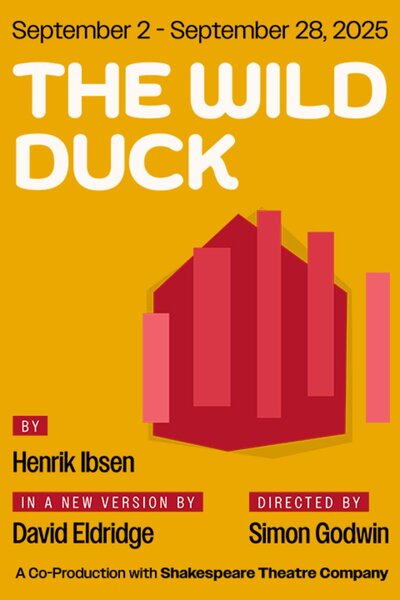
About the Show
Henrik Ibsen’s tragicomedy directed by Simon Godwin, featuring a new revival of the 1884 classic by David Eldridge.
Read more Show lessCritic Reviews (10)
"the play gets you thinking even as it remains, dramatically speaking, an odd duck."
Read more
"Weird and ferocious, very funny and brutally tragic, somehow both sardonic and mysterious, melodramatic yet deeply moving"
Read more
"The overall excellent cast makes The Wild Duck as emotionally involving as it is intellectually intriguing."
Read more
"If it's not a perfect production, well, ideal stagings of The Wild Duck are thin on the ground, and Godwin builds the action to a climax likely to haunt you for days."
Read more
"uneven acting and interpretation of the characters undermines the play’s tragic resolution"
Read more
"The whole production feels like a small crack in a pane of glass. Once the fracturing begins it cannot be stopped. All we can do is watch until it shatters."
Read more
"fine ensemble acting, steady if sometimes stuffy direction. But I can’t fully embrace it"
Read more
"leaves one wondering just how flightworthy The Wild Duck’s wings still are"
Read more




